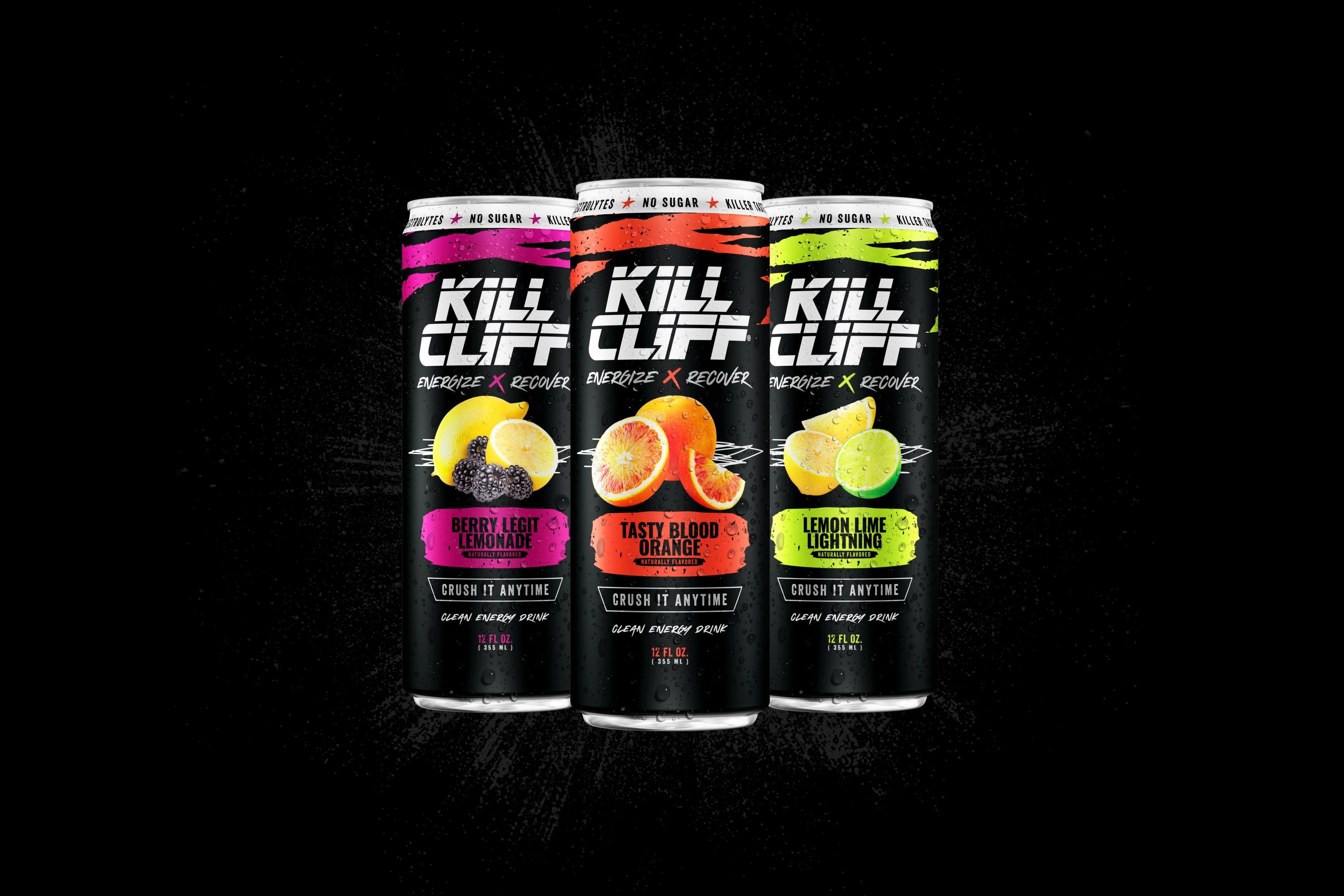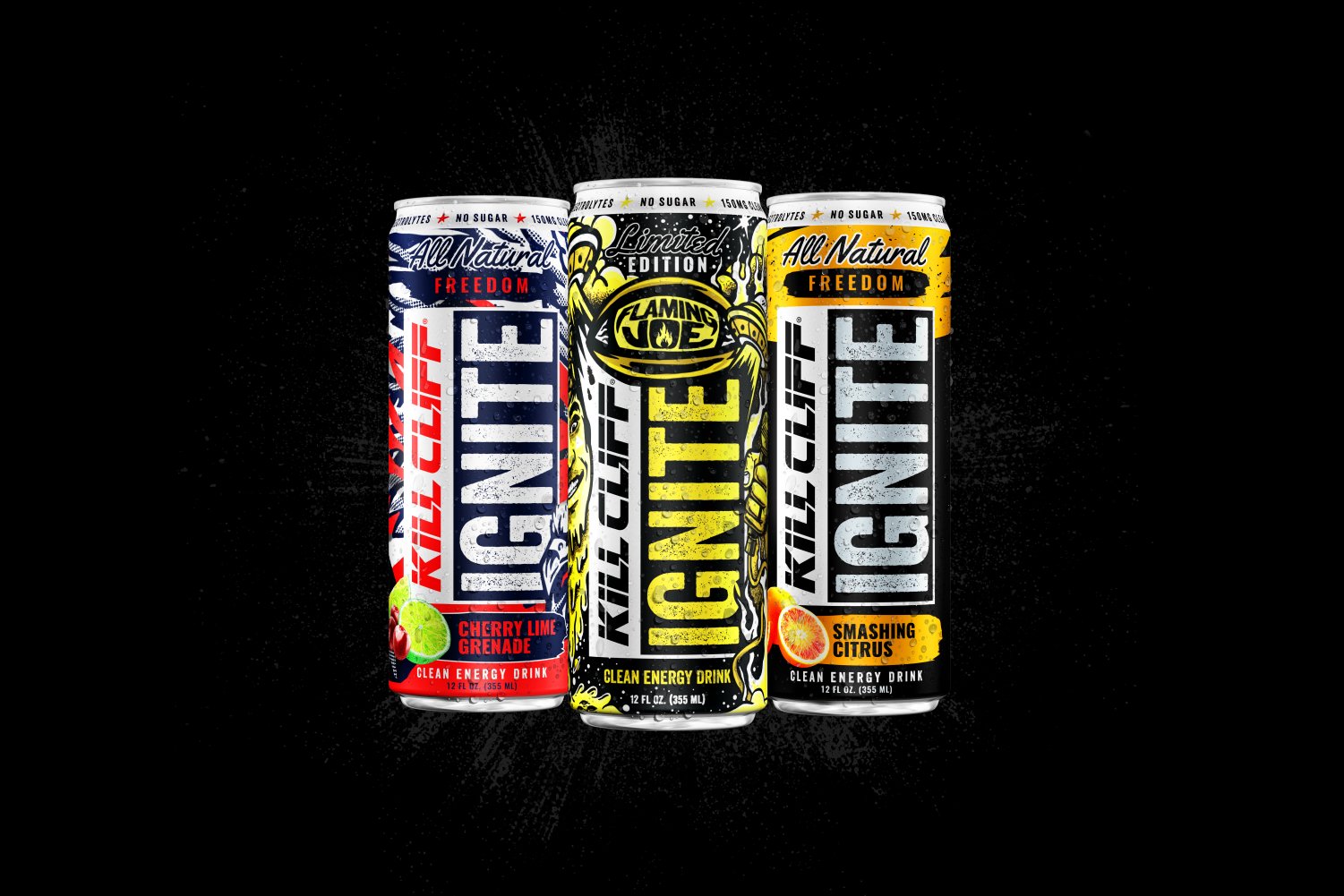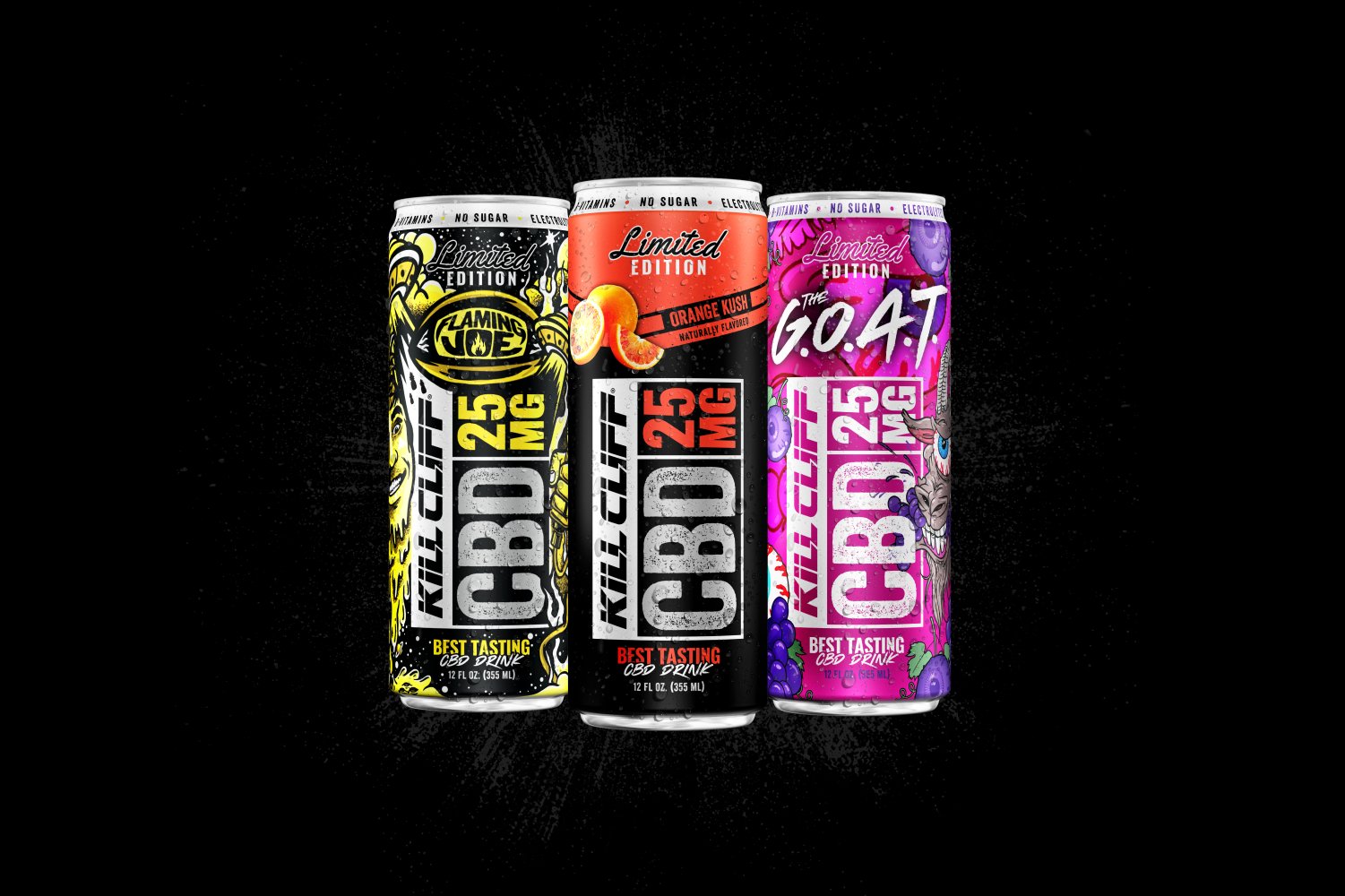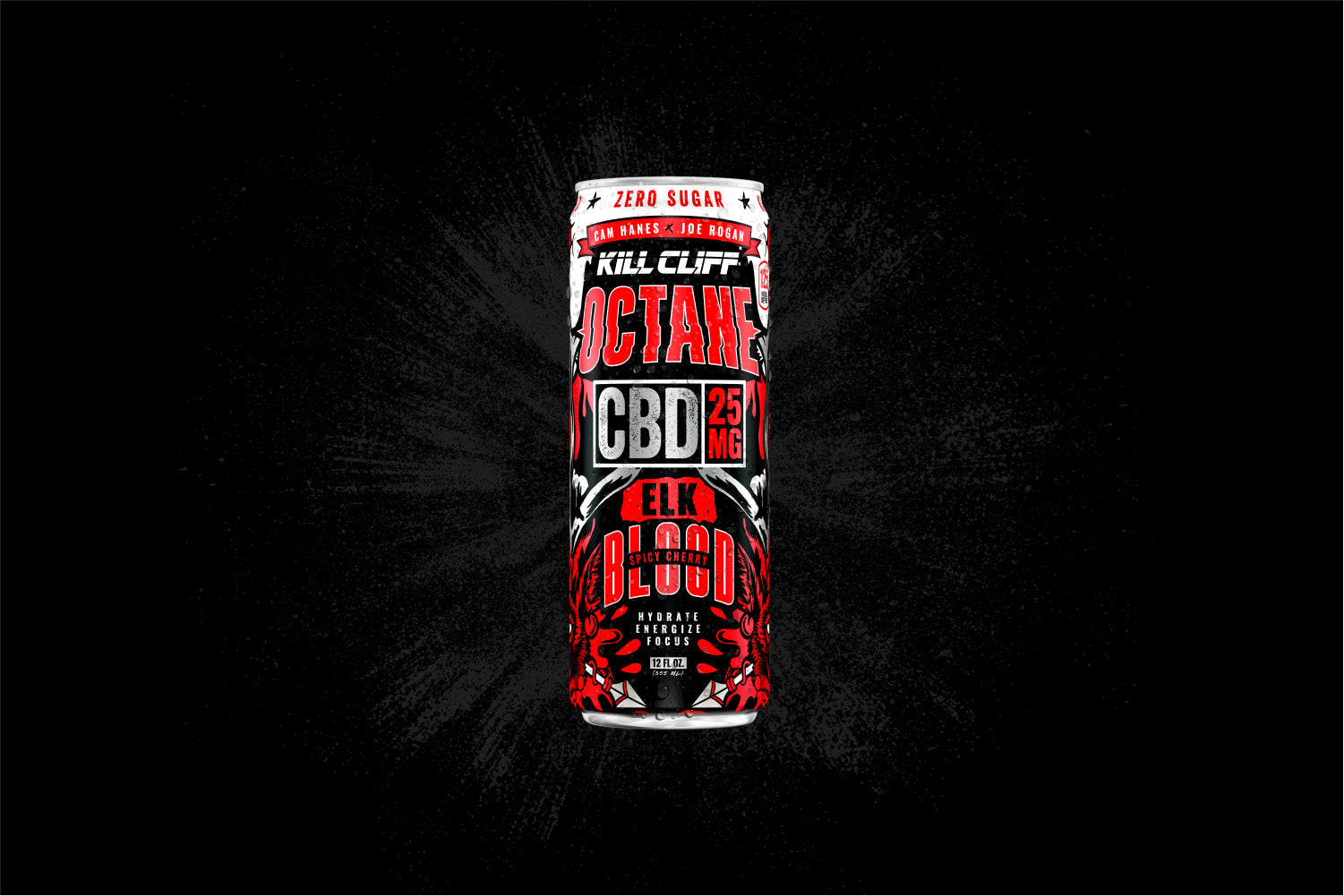
Blog by Katherine Kissane, NOCO Sports Nutrition
The immune system is a complex and dynamic system and has an extremely important function as the body’s defense against pathogens, bacteria, viruses, and fungi. Another major role of the immune system is to detect cellular malfunctions such as pre-cancerous cells. There are different types of immunity, including innate and adaptive immunity and this is essentially how quickly the body responds to illness. Innate immunity is the first line of defense. How our body responds also depends on how our body was pre-programmed through genetics to fight illness or how the immune system needs to adapt to new and different invaders.
The immune system involves a complex system of signaling between cells and there are several different types of immune cells including white blood cells, mast cells, T-lymphocytes, and dendritic cells. The immune system also involves several organs including the bone marrow, spleen, lymph nodes, and thymus gland.

There are several nutrients that are important in order for the immune system to function correctly. This includes vitamins and minerals and protein as the building block of the immune cells. This includes vitamin E, Vitamin C, Vitamin A, Vitamin D, Iron, Selenium, and Zinc.
Vitamin C and Zinc have both been shown to reduce respiratory tract infection duration and severity when taken at the first signs of symptoms. Vitamin C is a powerful antioxidant and protects cells from reactive oxygen species that are caused by an inflammatory response to fight off infection. Zinc has an important function in innate immunity by modulating a process called phagocytosis and natural killer cell activity, both of which are important to fighting off illness.1 Although supplementing with zinc and vitamin C at the first sign of symptoms can be helpful, it is better to get adequate amounts through food on a daily basis. Good sources of vitamin C include citrus fruit, green and red peppers, broccoli, tomatoes, mango, kiwi fruit, and winter squash. The best sources for zinc include meat, shellfish, dairy, eggs, and legumes.
Vitamin D has receptor sites on immune cells and studies indicate the vitamin D can modulate both innate and adaptive immunity. Studies also indicate the lower levels of vitamin D are associated with increased risk of infection. There is also increasing evidence that there might be a link between vitamin D and autoimmune disease.2 Vitamin D is found in some foods such as fatty fish and mushrooms but in small amounts. The best source of vitamin D is the sun and many people do not get enough sunlight. Therefore supplementing with vitamin D is recommended, but it is advised to check vitamin D status before supplementing.
Vitamin E is an important free radical scavenger. Immune cells have a higher Vitamin E (also known as α-tocopherol) and therefore vitamin E likely plays an important role in the immune system response. Vitamin E has also been shown to increase the activity of several immune cells including lymphocytes and natural killer cells.3 Vitamin E is found most abundantly in vegetable oils and seeds and nuts. Supplementing with vitamin E is not necessary and since vitamin E is a fat-soluble vitamin, it can be toxic in large doses.
When people think of vitamin A they often think of vision, but research shows that vitamin A is also important for organs of the immune system to function. Vitamin A is also important for the development and differentiation of some immune cells.4 Vitamin A is a fat-soluble vitamin and can be toxic when taken in high doses. It is best to get vitamin A through food sources such as eggs. Plant sources such as carrots, sweet potatoes, and orange bell peppers contain beta-carotene, which needs to be converted to vitamin A by the body.
The mineral iron also plays a role in both adaptive and innate immunity. It appears that the role of iron is anti-microbial.5 Iron overload, however, can cause inflammation and can be toxic to the liver. It is important that people get iron from food and only supplement when there is a diagnosed iron deficiency. The best sources of iron are red meat, clams, and oysters. Plant-based forms of iron found in leafy greens are less absorbable.
Selenium is another mineral that appears to have immune boosting effects. Selenium has antioxidant properties. Studies that looked into selenium deficiency found that selenium deficiency in both human and mice show detrimental effects on immunity. Research indicates the selenium is most protective against viral pathogens. There is also a protective role of selenium against allergies and asthma as well as cancer.6 Selenium supplementation is only recommended in selenium deficiency. There are cases of selenium deficiency in people where the soils are low in this mineral. Selenium is found most abundantly in Brazil nuts but also found in meats and fish and some veggies.
All of these nutrients are critical for immune function, but sadly many people do not eat enough of the foods that contain these nutrients. Since foods do act symbiotically to promote health, it is important to eat the foods that contain these nutrients before supplementation. People on a restricted diet such as vegetarian or vegan may benefit from supplementing certain nutrients such as iron or possibly selenium. There is some indication that supplementing with zinc and vitamin C at the first sign of a cold might help reduce the severity of symptoms. This is likely because the need for these nutrients increases during an infection. It is recommended that people talk with a registered dietitian regarding eating a diet that is nutrient dense and contains all of the vital nutrients their body needs to support immunity.
1. Wintergerst E, S, Maggini S, Hornig D, H: Immune-Enhancing Role of Vitamin C and Zinc and Effect on Clinical Conditions. Ann Nutr Metab 2006;50:85-94. doi: 10.1159/000090495
2. Aranow C. Vitamin D and the immune system. J Investig Med. 2011;59(6):881-6.
3. Lee GY and Han SM. The Role of Vitamin E in Immunity. Nutrients 2018, 10, 1614; doi:10.3390/nu10111614
4. Huang Z, Liu Y, Qi G, Brand D, Zheng SG. Role of Vitamin A in the Immune System. J Clin Med. 2018;7(9):258. Published 2018 Sep 6. doi:10.3390/jcm7090258
5. Cherayil BJ. Iron and immunity: immunological consequences of iron deficiency and overload. Arch Immunol Ther Exp (Warsz). 2010;58(6):407-15.
6. Hoffmann PR, Berry MJ. The influence of selenium on immune responses. Mol Nutr Food Res. 2008;52(11):1273-80.








